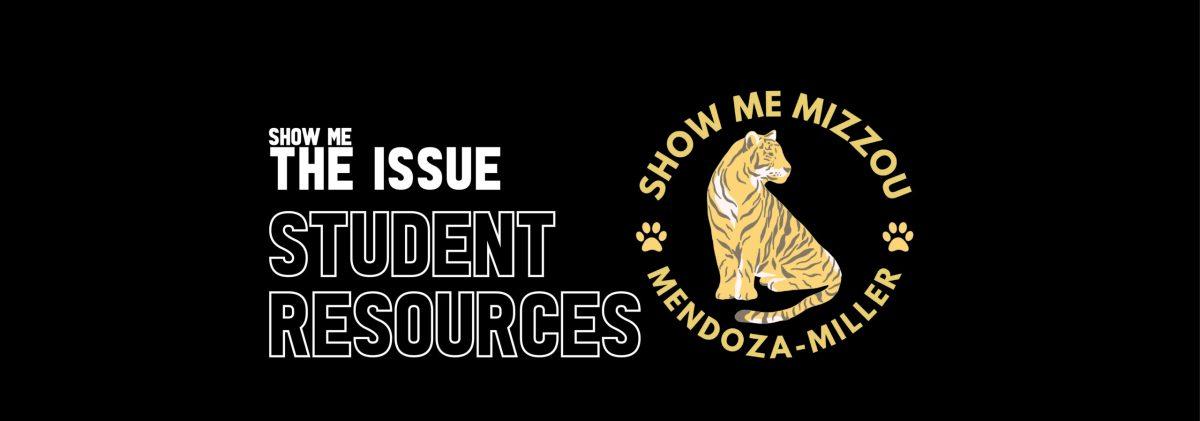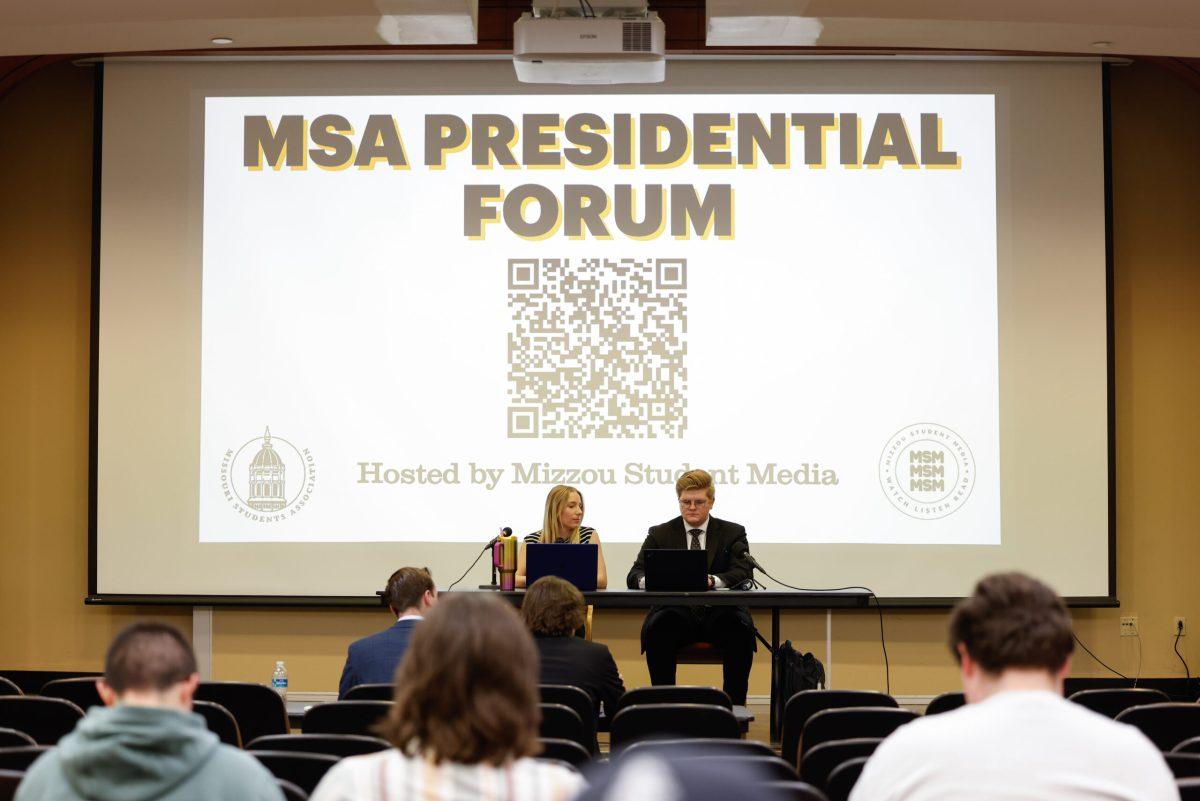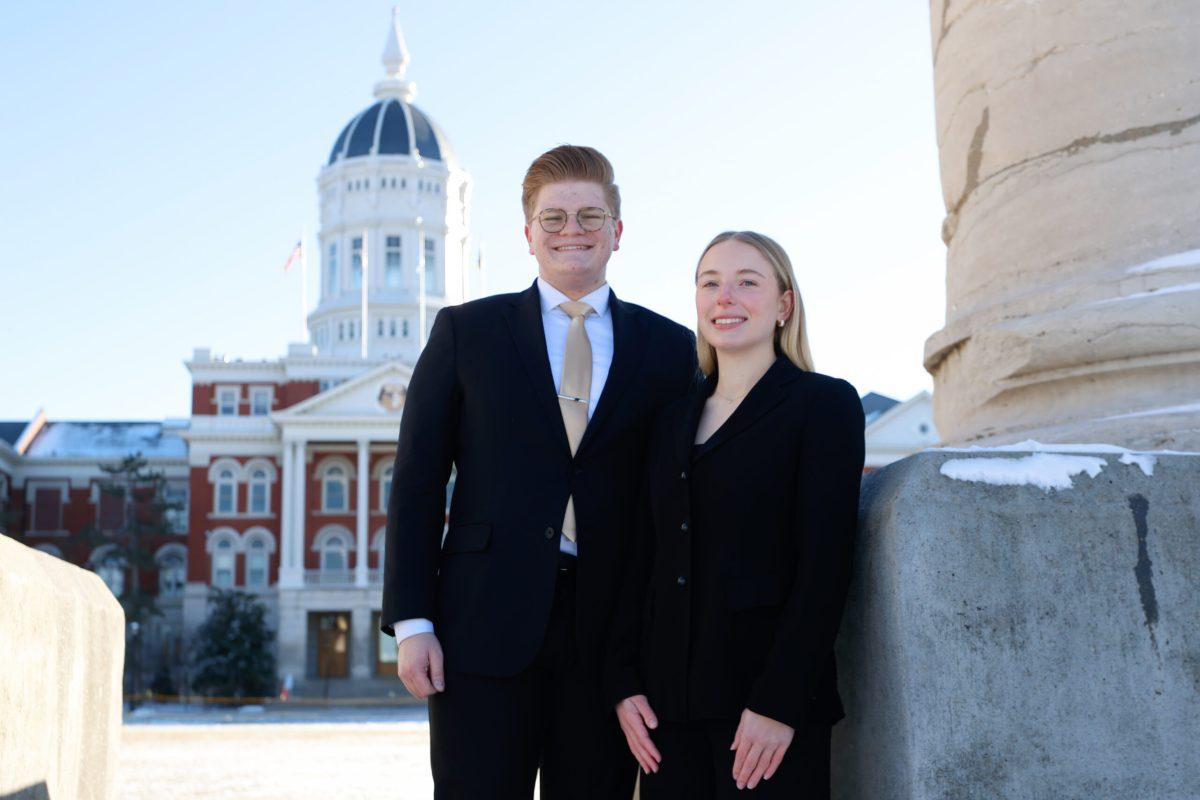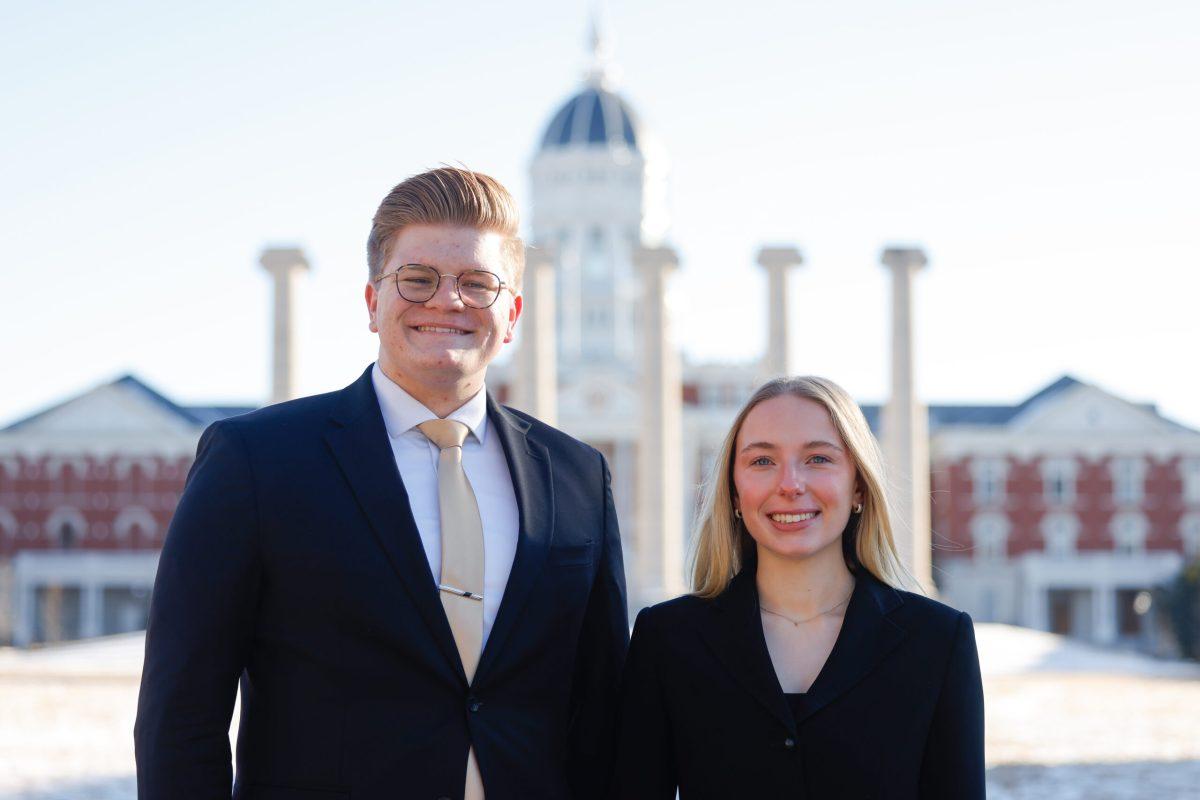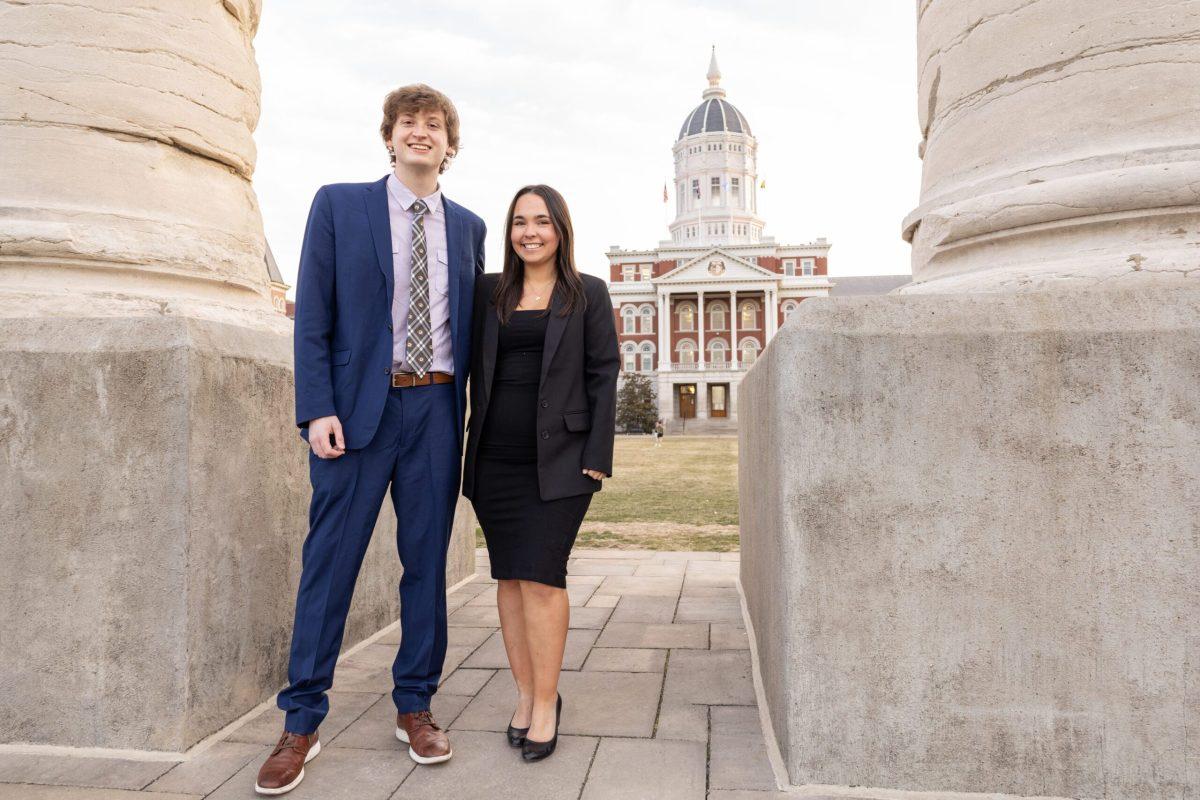“Show Me Mizzou,” one of the two slates running for Missouri Students Association president and vice president positions this month, wants to promote knowledge of already existing resources for students and potentially work with the Missouri state government to increase resources on campus targeted toward mental health and guidance.
- Many students are unaware of the many resources available on campus to help with mental health, as well as a variety of other issues they may face. How will your administration improve the accessibility and outreach of existing student resources?
JM: “It’s extraordinarily difficult … to disseminate this type of information, especially to the massive student body that we have here. But what you can have assurances with is that we’ll do everything we can. However, the most simplistic form that this can be described as is utilizing our tools, whether that be social media, whether that be mass emailing, just finding effective ways to communicate to students what resources are available to them, and naturally accessibility will accompany that.”
MM: “There are hundreds, and I repeat hundreds, of pages on the [MU] website. I know that there is some discussion in the Senate right now about ideas to make … financial resources more consolidated. That is no way our idea but it’s also something that … is being worked on or has been an ideaI in the past.
Also making sure that people know that the RSVP [Relationship and Sexual Violence Prevention] Center is a thing. There are students on this campus that don’t understand what that is, how that works, how that relates to all kinds of issues. That’s something that we are very, very lucky to have. And it’s something that we need to continue to fight for because it is a vital resource and it is something that genuinely helps students.”
- Do you believe the amount of student resources is sufficient? What resources are missing, and how does your slate anticipate addressing those needs?
JM: “So I would definitely say it’s insufficient, but obviously we don’t want to say as a slate that we’re somehow going to expand resources that are outside of our grasp. The Counseling Center … is under the control of the state government, which is why I talked about the possibility of working with [The Associated Students of the University of Missouri] to expand resources because ultimately, we could … perhaps pursue the route of working with the Missouri state government even to expand resources for mental health.”
- How will you tailor your plans for resource optimization to underrepresented racial demographics, students living off campus and other students unable to comfortably access resources that they need?
JM: “In the same way that we’re going to communicate every other portion of our intentions with the student body: just using the facets that we have. I know they’re already there. It’s just utilizing them effectively. And this is a theme we have generally with the campaign, similar to financial resources that are already there and can be utilized better.”
MM: “I think one thing that we haven’t talked about super formally in our campaign platform but have had discussions about prior to running is that professors could be a really good avenue for us to utilize. We can kind of build those relationships and get a better understanding of the faculty perspective.”
- What makes your slate uniquely qualified to tackle this issue? What experience do you have with MU’s student resources and related organizations?
JM: “It has been outwardly demonstrated by Molly and I both that we’re willing to relinquish our personal beliefs to serve the student body to the best of our abilities. And I don’t know if the other slate is predisposed to do that when in fact, we’ve outwardly demonstrated our ability to do that.”
MM: “We really balance each other out. I think it’s good because sometimes I’m pushing him and sometimes he’s being like, ‘Okay, let’s look at this in a different light.’ And so I think we’re both good at that. We’re focusing on what we can do — what actions and words that we can say and do that are going to make us the best representatives for the student body.”
Analysis:
Miller and Mendoza recognize the issues students may have with the lack of student resources, but they also recognize issues on the staff side, staff shortages being the most prominent. This understanding poses both candidates to effectively change issues with student resources, as they are able to communicate with students and administrators on both sides of the issue.
Above all, Mendoza and Miller want to focus primarily on representing all students. Their commitment to running an apolitical campaign has been a key point of their slate since day one, and they want that to represent their ability to work with any and all students. This extends into their relationships with administrators. Miller and Mendoza want MSA to be a space for anyone, and in turn, want to be able to build relationships with people regardless of their position, employment or identity.
Use this link to submit questions for the candidates to answer at the debate: https://forms.gle/ot2inTXzRbb2aBFMA
Edited by Emmet Jamieson | [email protected]


